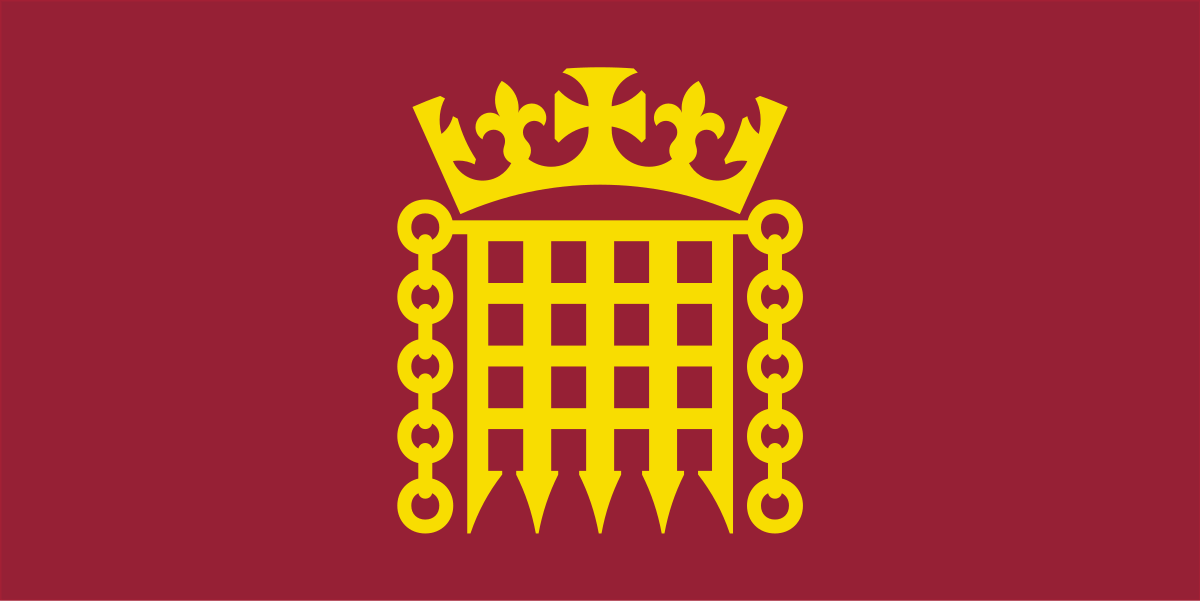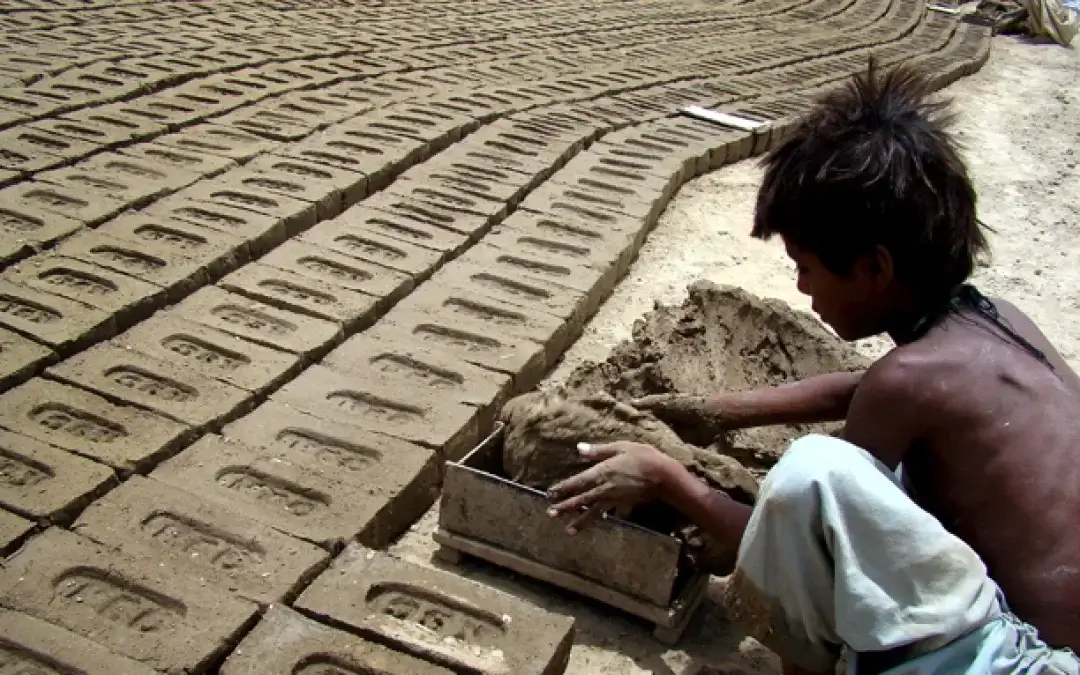I spoke today in favour of a new strategy to prevent genocide. This needs constituents to lobby MPs of all parties to take more effective action to prevent, protect and punish those responsible for the crime above all crimes.
Subject: Genocide (Prevention and Response) Bill [HL] – Hansard – UK Parliament
Lord Alton of Liverpool
My Lords, my noble friend Lord Hannay has reminded us of the searing experience of the Rwanda genocide and the failure of the international community to act in time. The tribute he paid to the noble Baroness for the recent honour she received was well made. She was made one of 16 members of the Order of the Thistle. I note that its motto is “Nemo me impune lacessit”—no one harms me with impunity. Those words sum up the motives that lie behind this Bill, as it seeks to end the culture of impunity and the lethal harm caused by genocide.
In parenthesis, I also thank the noble Lord, Lord Polak, for reminding us of the late Lord Sacks. I was privileged once to chair a lecture he gave in Liverpool. During the course of it, he said that no one should ask, “Where was God at Auschwitz?”; they should ask, “Where was man?”. It is about what men and women can do to prevent these atrocities occurring.
The noble Lord, Lord Polak, who comes from Liverpool, cited the experience of Esther at the time of Purim. She is one of the great figures in the Bible. She is told, “You have come into this world for such a time as this”. It reminds us that sometimes unlikely people who have no great power can do extraordinary things. Each of us who has the privilege to serve in this place has the chance to do extraordinary things and to be a sign of contradiction.
As the noble Lord said, the word “genocide” should not be used as a slogan or devalued. It is different from war crimes and crimes against humanity. The duty to prevent genocide is one of the most neglected duties under international law. In 2022, with Dr Ewelina Ochab, who has been mentioned in this debate, I published State Responses to Crimes of Genocide, which the Minister has a copy of. Although I know he welcomes the establishment of the hub on atrocity crimes, I am sure that he will agree that progress is slow. We are still a long way from implementing our obligations set out in Raphael Lemkin’s 1948 convention on the crime of genocide.
On other occasions, I have spoken about the Rohingya, the Yazidis, Armenia, Nigeria and the Uighurs. Today, in my brief few minutes I will focus on three particular cases that underline why a Bill of this kind is needed: Tigray, the Hazaras and Darfur.
In September 2023, the APPG on International Law, Justice and Accountability published its Tigray report. Our inquiry received an unprecedented amount of data, including testimonies from victims and witnesses from Tigray. We found evidence of atrocities, including mass killings, sexual violence, and starvation, which continue to this day and for which no one has been brought to justice. On numerous occasions, I have brought the dire situation of the Tigrayans to the attention of the Government. There are more than 100 references in Hansard, and letters and emails to the FCDO. I asked for a JACS—joint analysis of conflict and stability—assessment. Close to two years after the beginning of the war in Tigray, the Government finally commissioned a JACS for Ethiopia, but they have refused to make it available to Parliament. Why on earth are parliamentarians denied the right to see information that is crucial to our duty to prevent genocide?
Afghanistan’s Hazaras were referred to in our own International Relations and Defence Committee report on Afghanistan in 2021. Later that year, I was approached by Hazara human rights defenders concerned about the lethal targeting of their community. With colleagues, I established the Hazara inquiry. Our report, launched here by me and the noble Baroness, found that Hazaras, as a religious and ethnic minority, are at serious risk of genocide at the hands of the Taliban and Islamic State Khorasan Province. Under the genocide convention and customary international law, this finding should have engaged the responsibility to prevent—but it did not. The return to power of the Taliban has included brutal acts of violence against the Hazaras and a return of terror, including the bombings of Hazara schools, places of worship and other centres—atrocities that continued throughout 2023 and now into 2024. On 18 December 2023 in an Oral Question, I asked whether a JACS report could be initiated, not least because Pakistan had begun mass deportations back to Afghanistan—I have never had a reply.
Finally, I will mention Darfur, which I visited during the genocide 20 years ago. Some 18 months ago, people on the ground warned that a new genocide was likely. In response, all I have received from the FCDO are statements about deadlines for transitional justice being met and that progress was being made. Dissatisfied with those assurances, the APPG on Sudan and South Sudan decided to establish the Darfur inquiry, which I chaired, and we collected evidence from victims, survivors and experts.
In 2023, as the situation in Khartoum deteriorated, we published our Darfur report warning about the very clear early warning signs of atrocities to come and the danger of yet another genocide. These warnings were not listened to and were not acted on. The catastrophic situation in Sudan has led to 9 million displaced people, thousands dead and now an impending famine. In Darfur, the RSF continued the genocide begun by the Janjaweed. Who is being brought to justice or held to account?
The work of monitoring early warning signs cannot be left to parliamentarians and ad hoc inquiries—that is why the Bill is necessary. The FCDO has the capacity and resources needed to do this work well. We have a Minister, the noble Lord, Lord Ahmad, who understands that and works hard on these issues. The prevention of genocide and atrocity crimes is a duty that the noble Baroness’s Bill might ensure is treated with the gravity and urgency it deserves, and I support it.



